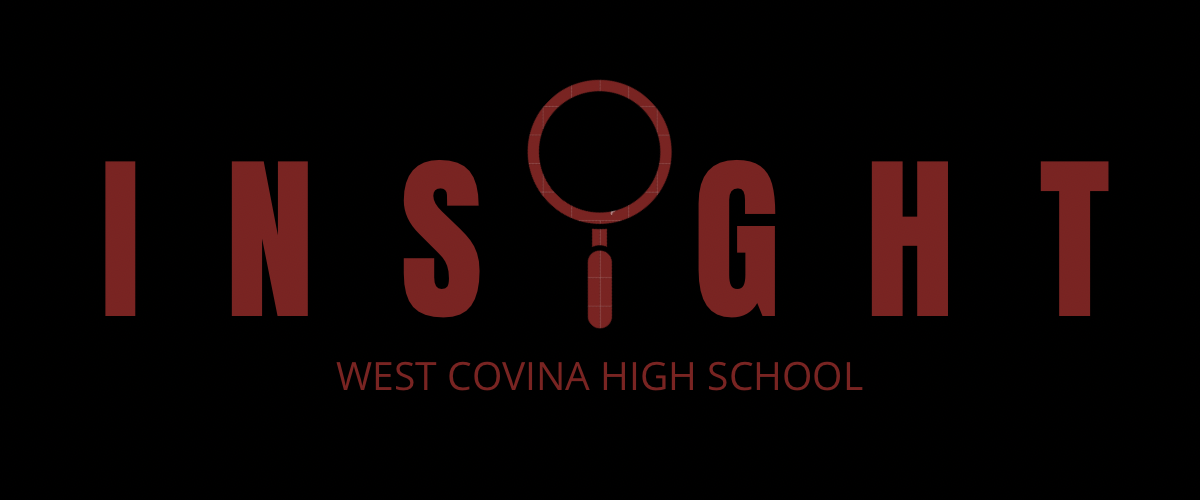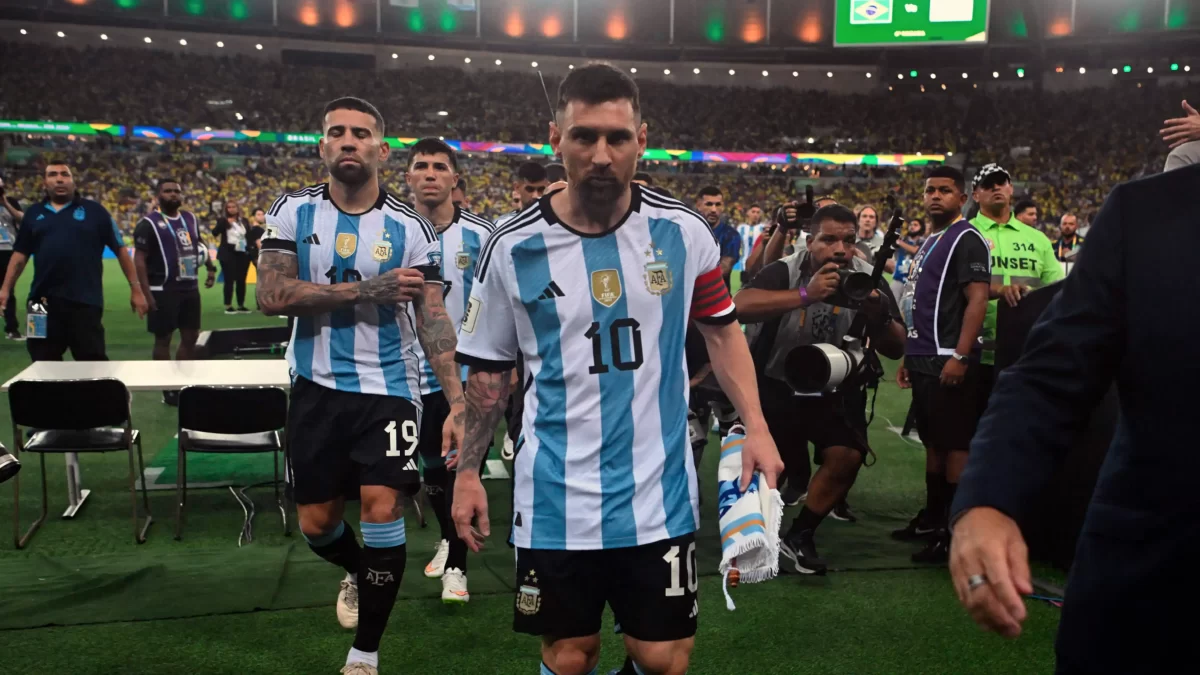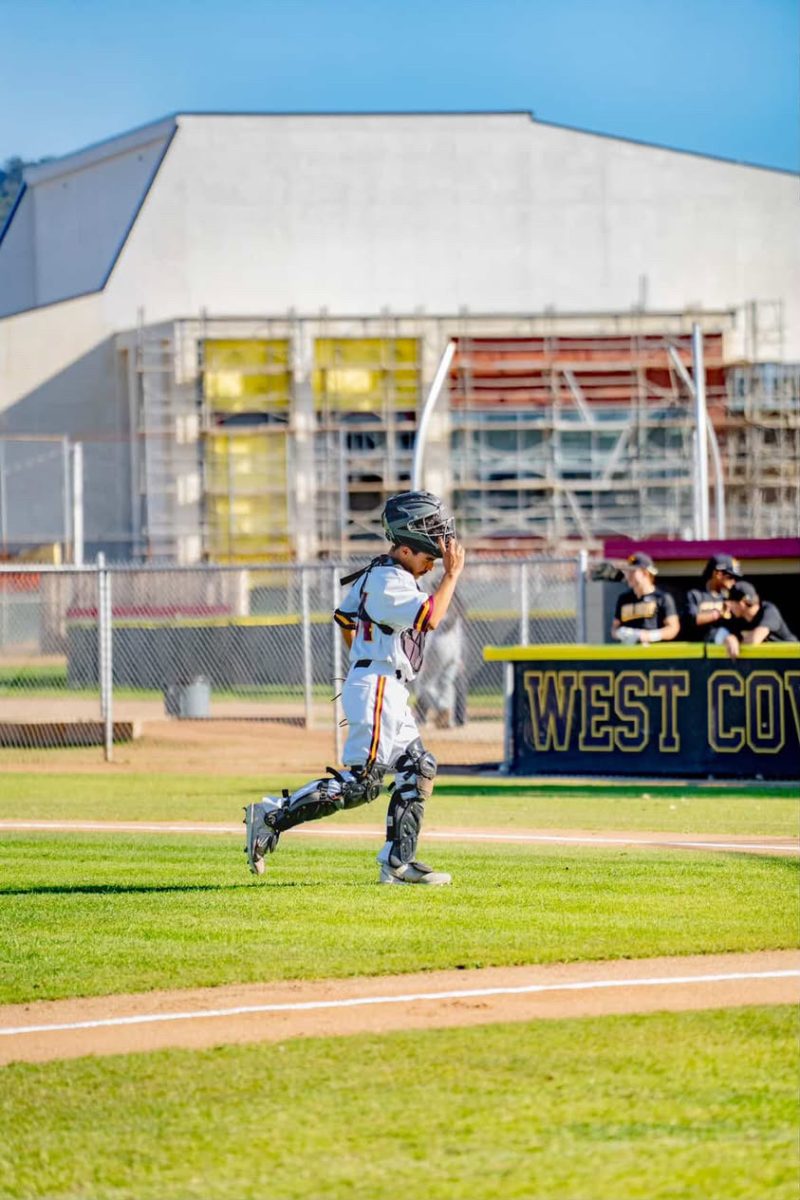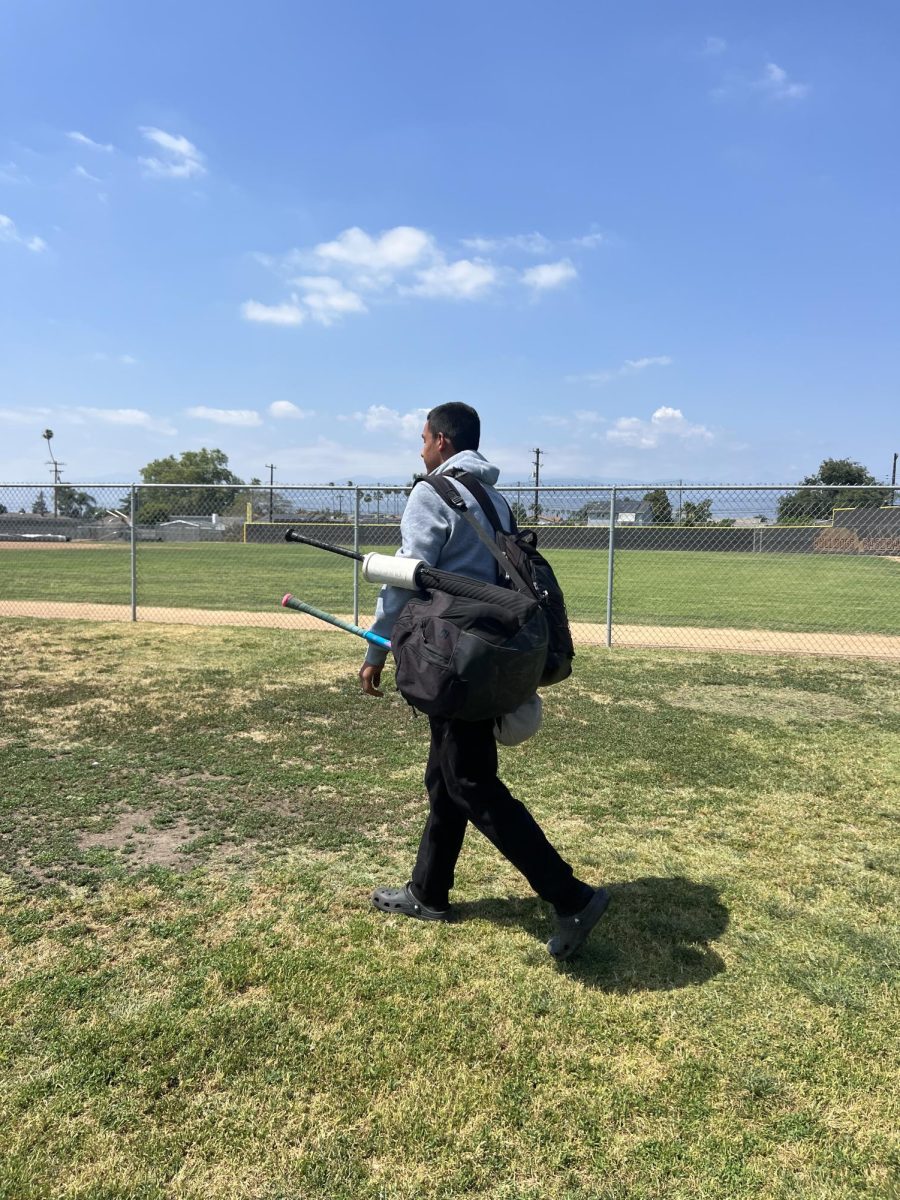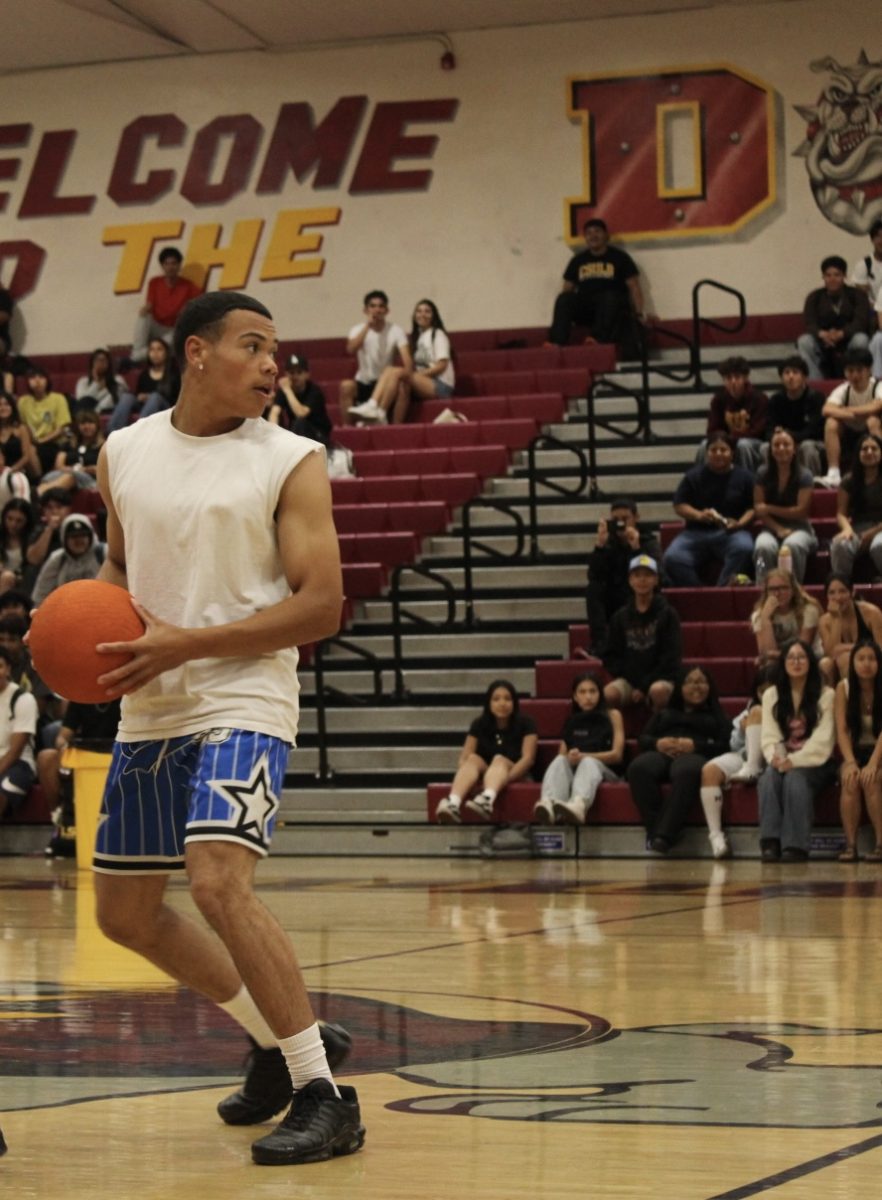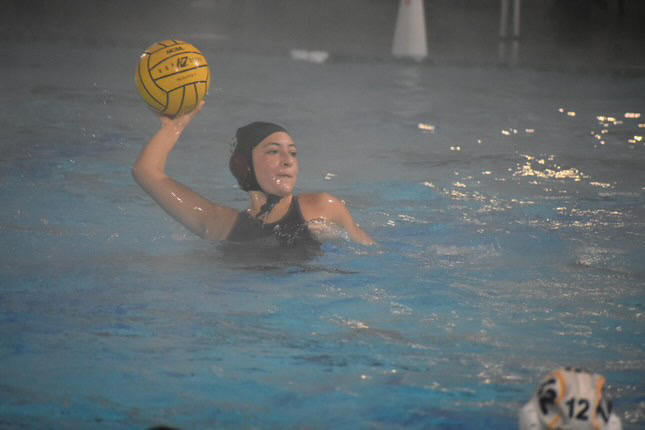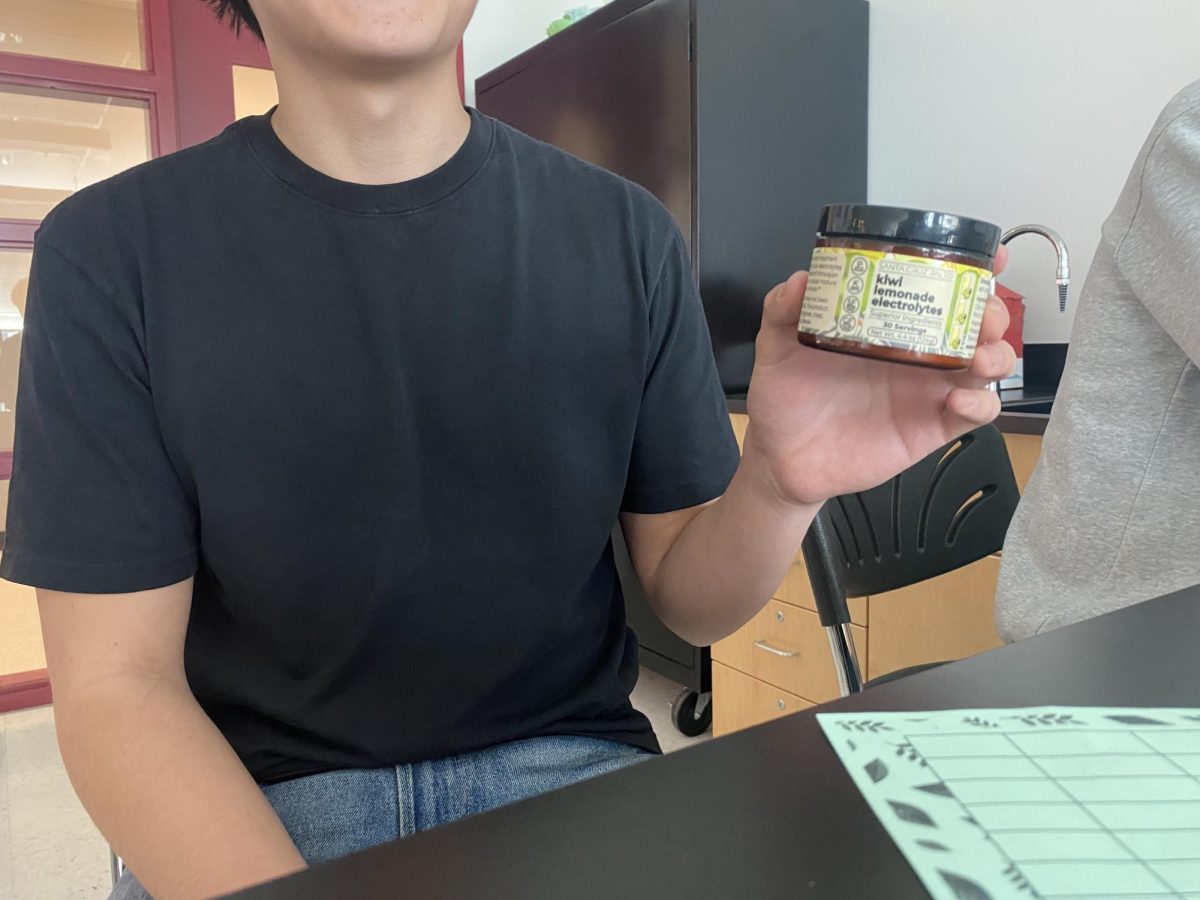Argentinians and Brazilian fans interrupted one of the year’s most anticipated soccer matches for the upcoming 2026 FIFA World Cup with a brawl in the stands on Nov. 21. They delayed the start of the 2026 World Cup qualifying match by half an hour. Games between the two national teams are often recognized for their notable and problematic incidents from their respective set of fans.
Fans started fighting behind one of the goals during national anthems, which resulted in police interference. The Brazilian police immediately rushed towards a large group of Argentinian fans close to the pitch and started hitting them with their batons. One Argentinian fan was seen lying on the floor with a bloodied face before he was taken from the stadium on a stretcher.
Argentinian fans responded to the situation by ripping up and throwing their seats at Brazilian officers while other spectators panicked and tried to escape the fighting by going to the pitch. The highest-ranking police officer, Vagner Ferreira, blamed the organizers in the stadium for the lack of a barrier between home and visiting fans. He defended the actions of the police despite their brutality.
“Every action demands a reaction. There is a history of confrontation here. At first we spoke to them. Then, we had to use our batons. There was no lethal force involved, no rubber bullets, no tear gas. This was a very technical approach,” Ferreira told TV channel SporTV.
The rivalry between Argentina and Brazil can be traced back to their first encounter on Sept. 20, 1914 with Argentina winning 3-0. Their rivalry has been referred to as the Battle of the Americas or the Superclásico de las Américas. The International Association Football Federation described these two countries as the “essence of football rivalry”
“I think that the violence was not necessary. I think that the rivalry between these two countries in soccer should just always stay on the field and not between fans, especially not physically,” said senior Andrew Alvarez.
During the brawl, Lionel Messi led the Argentina team to the conflict to calm the situation. Argentina’s goalkeeper, Dibu Martinez, raced to one of the rails in front of the visiting fans. He urged the police officers to stop the violence before he and his team left the pitch and returned to the dressing room, believing that would help calm the situation down.
The Brazilian players remained on the field and warmed up while they waited for the opposing team to return. Argentinian players eventually returned to the pitch 22 minutes after police corralled the visiting fans. Shortly after, both teams warmed up for several minutes before the game finally started. Argentina won 1-0 with a goal at 63 minutes from defender Nicolas Otamendi, making this the third straight defeat for the Brazil National Team.

